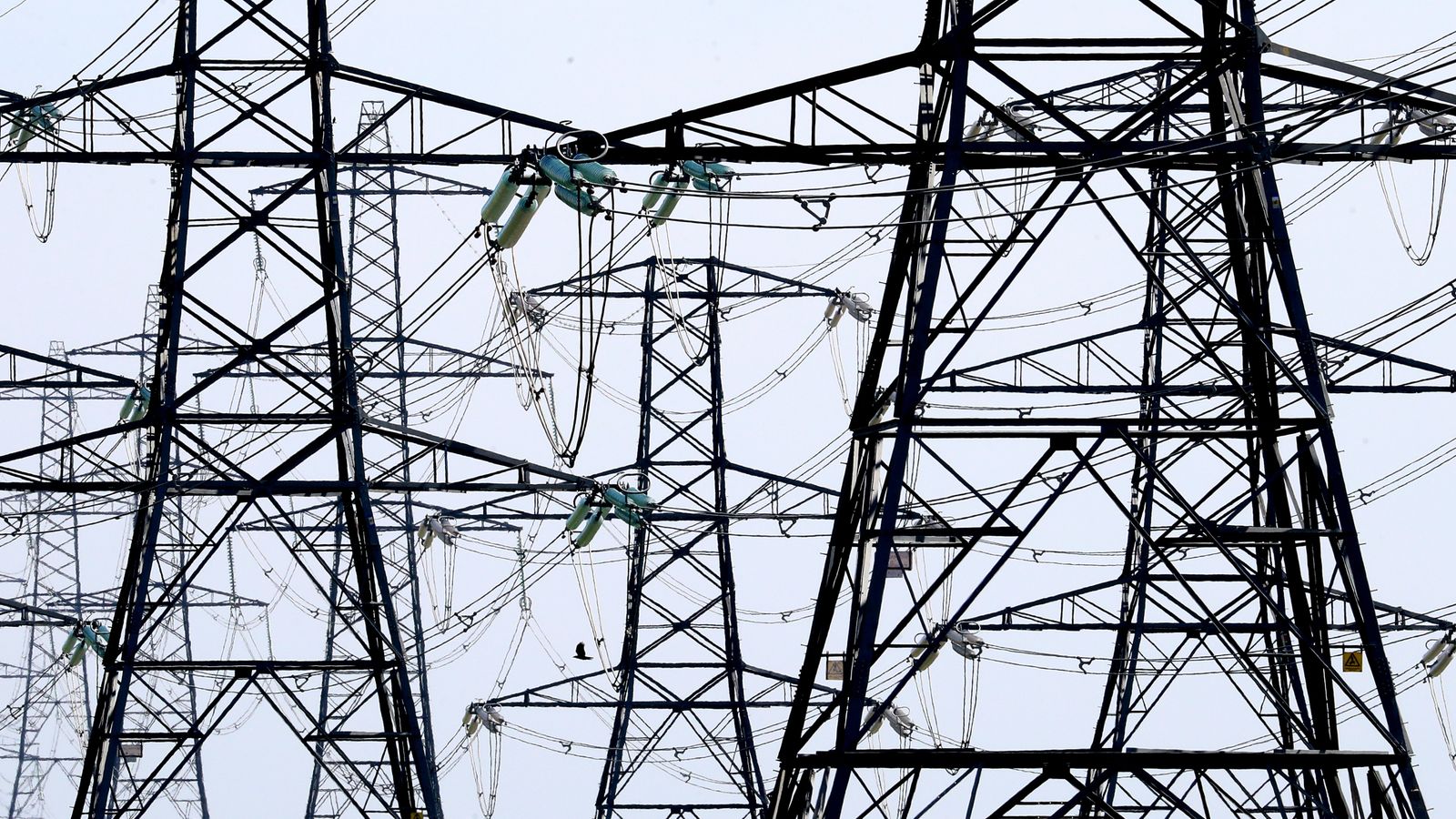Energy bill support for businesses to be cut back from April through discount

All businesses are set to secure further taxpayer support for their energy bills when the current scheme ends in March but at a reduced cost to the taxpayer.
The government is set to confirm later on Monday that it has decided on applying a discount to wholesale prices, for up to a year, following talks involving business leaders last week.
It would replace the fixed price on wholesale energy costs which the Treasury has estimated would cost £18bn over the six-month lifetime of the outgoing Energy Bill Relief Scheme.
Chancellor Jeremy Hunt had labelled that cost as “unsustainably expensive”.
However, it is understood that the details to be revealed in the Commons later on Monday will include a higher level of discount for energy intensive businesses, such as steelmakers, from April.
The announcement will be made against a backdrop of discontent among businesses over the length of time it has taken for ministers to agree the extent of the new taxpayer support.
The hospitality sector, for example, has further warned that too large a cut in the level of support available for businesses would result in a string of firms going bust.
There is no word yet on what the level of discount will be.
Read more:
Energy bills set to dip below energy price guarantee level from July, forecaster predicts
New cash payment to help with energy bills will begin in spring for millions
Advertisement
Please use Chrome browser for a more accessible video player
2:19
Business energy support to be cut
A glimmer of hope for struggling firms can, however, be seen in current wholesale prices.
Despite the continuing war in Ukraine, gas costs have come down markedly from their recent peaks thanks, in part, to the largely mild winter experienced across Europe so far.
UK day ahead gas costs, which were at 570p per therm last August, stood at 158p last Friday.
Contracts for the coming months were only just ahead of that price which is a pre-Russia invasion level – a 15-month low.
Tom Marzec-Manser, head of gas analytics at energy market intelligence firm ICIS, said: “Concerns that there may not be enough gas available for this winter to cover demand have started to evaporate.
“But this does not mean we are out of the woods yet.
“Storages have to be refilled again through the upcoming summer, so they are ready again for next winter. And refilling those storage sites is going to be much harder than last year, given there will be noticeably less Russian gas available.”

